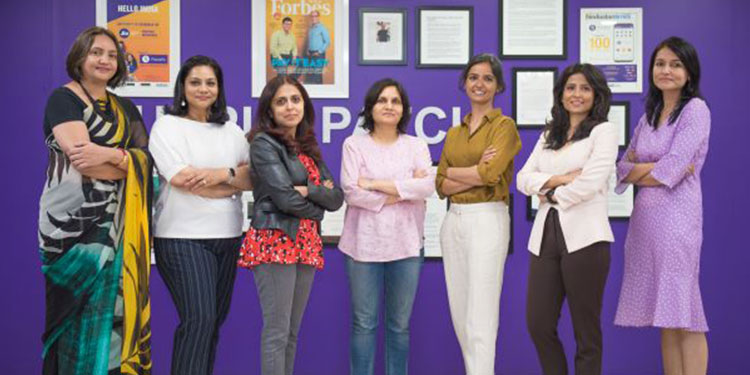Mumbai: PhonePe, India’s leading digital payments platform today announced its Diversity & Inclusion (D&I) charter, with the first phase focusing on gender, sexual orientation and people with disability, identifying specific actions in each of these areas.
PhonePe has pledged to increase female representation in its two seniormost leadership roles (Directors & Vice Presidents) from 16% to 25% by December 2021. The company has taken on a numerical goal for gender at the senior level, where stronger representation at the top is easily visible and helps provide role models for the broader organization. To be the employer of choice for the LGBTQ community, PhonePe’s initial focus will be on creating the spaces for conversation and awareness, and to review policies, processes and systems to be more inclusive. The company is also reviewing its current roles, policy framework and infrastructure to enable people with disabilities to be a larger part of the organization.

Commenting on the announcement, Sameer Nigam, Founder & CEO, PhonePe said, “As we build solutions for a billion Indians, it is important for us that the organisation we create truly represents the diversity of our customer base. I have always felt strongly about creating a diverse, inclusive and vibrant organisation. There are sound rational reasons to do this – there is a strong correlation between diverse organizations and increased shareholder value; as a diverse workspace we will be able to attract from a wider talent pool; and we will be able to encourage deeper, more holistic thinking. But ultimately, being an inclusive organisation is simply the right thing to do. For us, this is not about a metric to track, but about creating a welcoming space for everyone, regardless of who they are.”

Sharing her perspective, Manmeet Sandhu, Head of HR, PhonePe said, “People work best when they have a safe environment to bring all of their capabilities and creativity to the job. Diversity for us will never be only about representation, but about letting people be their true selves without the need to hide any aspect of themselves. How we do this will be a process of ongoing learning – from people’s lived experiences, and from all the work that has gone before. This is a small first step in a long journey ahead.”

















